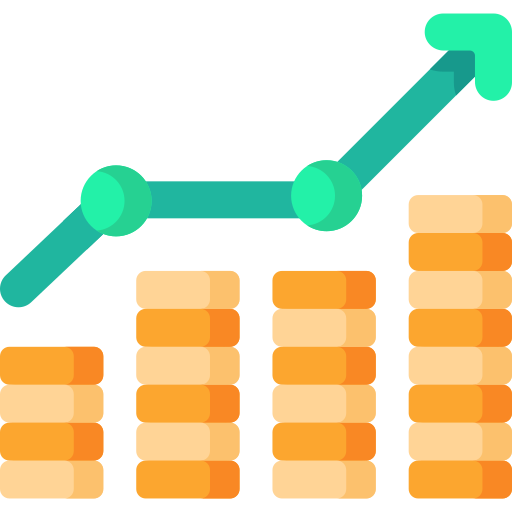You've worked hard to earn a degree in math. But now you're wondering what you're going to do with it.

Explore some career options, depending on the type of degree you earned.
Doctoral Degree
Physicist 
If you like studying how matter and energy react, then becoming a physicist may be in your future!
Physicists study, design, and test theories through complex mathematics. Some duties include:
Developing scientific models
Performing mathematical calculations
Designing new scientific equipment
Developing computer software
Economist 
If you like studying, collecting, and examining economic data and advising on economic decisions, then an Economist may be a great future job!
Economists have strong decision making, research, and forecasting skills. They study productions and distributions and make forecasts for future investments. Some duties include:
Research economic issues
Conduct surveys and collect data
Interpret and forecasts financial markets
Advise businesses on economic topics
Honorable Mentions: university professor, engineer
Master's Degree

Mathematician or Statistician

If you like collecting and analyzing data to solve problems, then maybe a mathematician and statistician would be a good career fit for you!
Mathematicians and statisticians find relationships in data sets, then use that knowledge to develop new strategies for company improvement. Some duties include:
Analyzing data
Applying computational techniques
Solving problems
Developing mathematical rules
Post-Secondary Teacher

If you have a desire to foster the next generation of math learners, then maybe becoming a post-secondary teacher would be a good career fit for you.
Post-secondary teachers teach high level math courses to students at community colleges and some other educational institutions. Some duties include:
Lesson planning
Collaborating with the college
Developing courses
Teaching math
Honorable mention: information research scientist
Bachelor's Degree

Actuary 
If you like to analyze economic costs and uncertainty, then being an actuary may be a good fit for you!
Actuaries are certified analysts and may work as consultants traveling to meet prospective clients. Some duties include:
Compile and analyze statistical data
Estimate probability and cost of events
Design insurance policies
Calculate cash reserves
Budget Analyst 
If you enjoy organizing finances, then being a budget analyst may be a good career for you!
Budget analysts use mathematics to prepare budgets and plan spending, and they also create financial reports. Some duties include:
Monitoring an organization's spending
Estimating future financial needs
Developing an organization's budget
Providing advice and details of finances
Honorable mentions: database administrator, financial manager
Associate's Degree

Bookkeeper or Auditing Clerk 
If you like recording and keeping up with financial transactions and using spreadsheets and databases, then maybe being a bookkeeper or an auditing clerk would be a good career fit for you.
Bookkeepers or auditing clerks reconcile records, and create balance sheets and income statements. Some duties include:
Number crunching
Bank analysis
Finding inaccuracies
Working with financial records
Calibration Technician 
If you like working with measuring devices, then being a calibration technologist or technician might be a good career fit for you!
Calibration technologists or technicians determine calibration requirements by analyzing data. Some duties include:
Calibrate scientific equipment
Analyze project data
Maintain or repair measurement devices
Conduct calibration tests
Honorable mentions: finance or accounting, web development, insurance claims processor, loan officer with a bank
Time to Decide
 Photo by Magnet.me on Unsplash
Photo by Magnet.me on UnsplashThis is Jill. She just earned her Bachelor's degree in mathematics. She loves budgeting and organizing finances, but she also loves traveling, researching, and working with financial records.
She's a bit undecisive about which career might be her best fit.
Quiz
Which career path might work best for Jill?
Take Action
What will you do with your math degree?
As you can see, there are so many career paths to consider with a math degree! Having a math degree, whether an Associate's degree or Doctorate degree, can provide a basis for other career options as well!
 Photo by Raghav Modi on Unsplash
Photo by Raghav Modi on UnsplashCheck out these math-related career Bytes!
Your feedback matters to us.
This Byte helped me better understand the topic.

